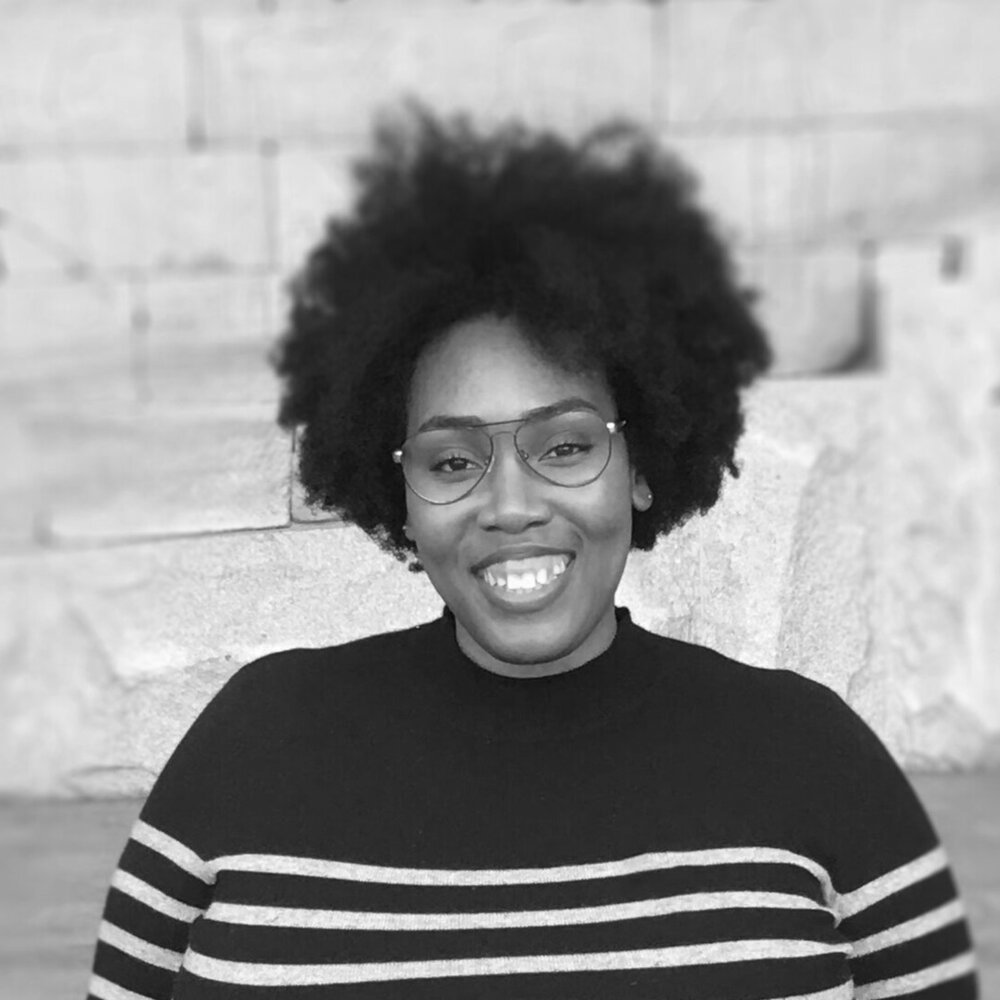
Although Russell’s manifesto was incredibly informational and inspiring, this interview really helped me grasp some of her main ideas in a clearer fashion. The questions the interviewer asked were relevant to this past year’s substantial series of events which helped bring Russell’s manifesto into a very applicable lens for me. One of the most interesting points was reflecting on Russell’s childhood and inspiration in NYC. At this point in history, many revolutions and conversations about diversity inclusion, and acceptance were unknown. As expected, Russell felt extremely alienated and alone as a queer black girl. I wonder, however, if her childhood would have looked different if she was growing up right now, in a society that has voiced rebellion and prompted change. 2020 was a terrible year that really alluded to systemic issues our country has. With that being said, people have begun to talk. Groups are beginning to redefine leadership and express concern for marginalized groups. I wonder if these contemporary conversations would have changed Russell’s views on the world as a young girl, or if they aren’t loud enough yet. This highlights the importance of momentum because we are nowhere near perfect as a nation. We have a disgusting amount of work to do in order to make any marginalized community feel completely equal, accepted, and loved. 2020 was a year that marked the beginning of reformation, but it must continue with equal strength in order to actually make a difference.
Russell mentioned some particular artists whom she has followed and has been inspired by, one of which named Sondra Perry. I was curious about work on the topic of digital influence other than Russell’s, so I decided to click on Sondra’s portfolio and navigate her creations. One of her pieces that really stuck out to me was the exhibition where real life models wore iPhones covering their faces. The iPhones had images pulled up on the screen of eyes, a nose, or a mouth that essentially took place of the model’s features. To me, this was a commentary on the relationship between the body and the machine: a theme Russell mentions quite a bit. This exhibition gives the iPhone power over than the “AFK” model existing in real time. The model’s real expressions and emotions can be easily masked and midden behind a presentation “online”. This give people the freedom to exist in forms whoever they’d like to be online, even if it is not consistent with their identities away from the key board. On this note, I wondered the what the difference was between “IRL” and “AFK”. At first, I thought they were very similar terms, but now that I have been exposed to professional work and interesting commentaries on this subject, I view these terms differently. AFK is, in my opinion, a superior expression because when someone is online, they are still existing “in real life” and making meaningful, powerful, and creatives choices. IRL makes it seem like online territory has no significance to culture and reality, when in fact, this is clearly incorrect. The importance of validating online spaces as real platforms of change and freedom is immense. If people listen and learn from artists like Russell, I have confidence in a more accepting future where people can express themselves via any vehicle and feel recognized.

Back to Exploratory Writing landing page here
Back to the index